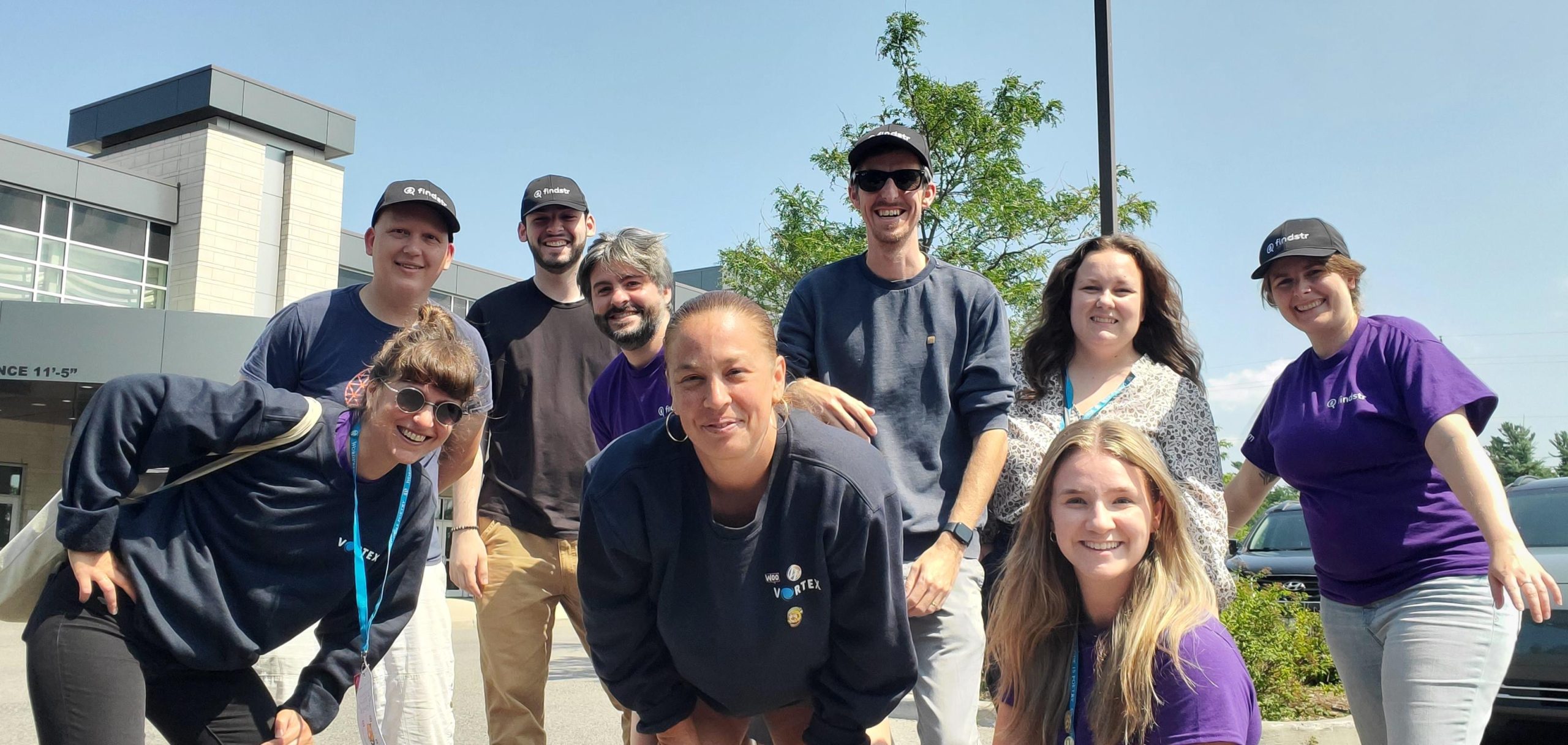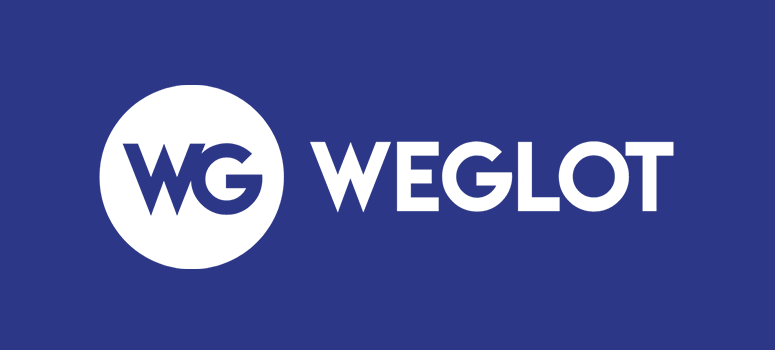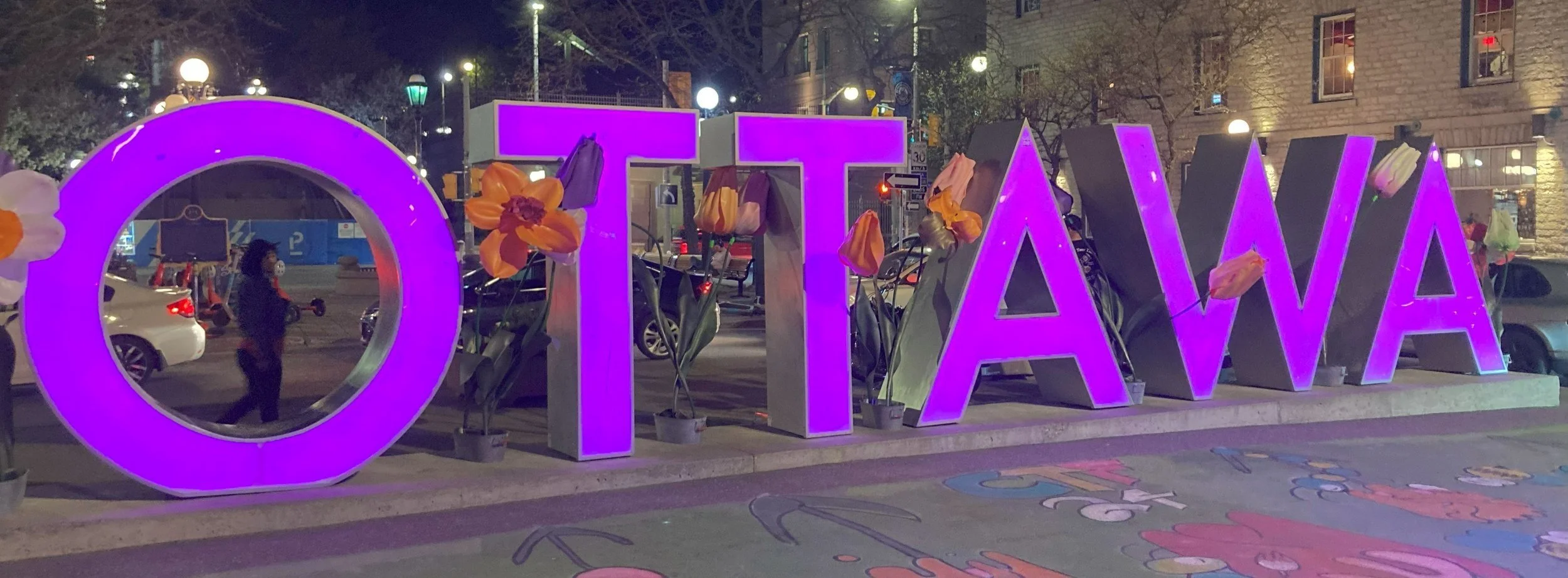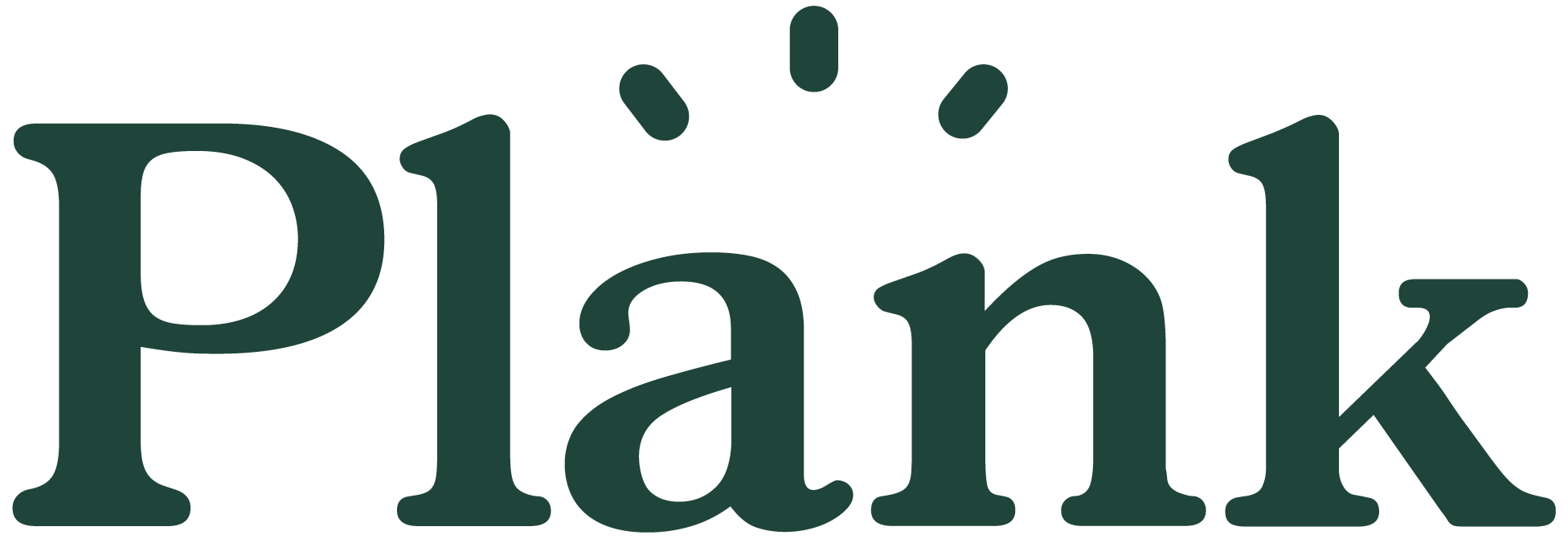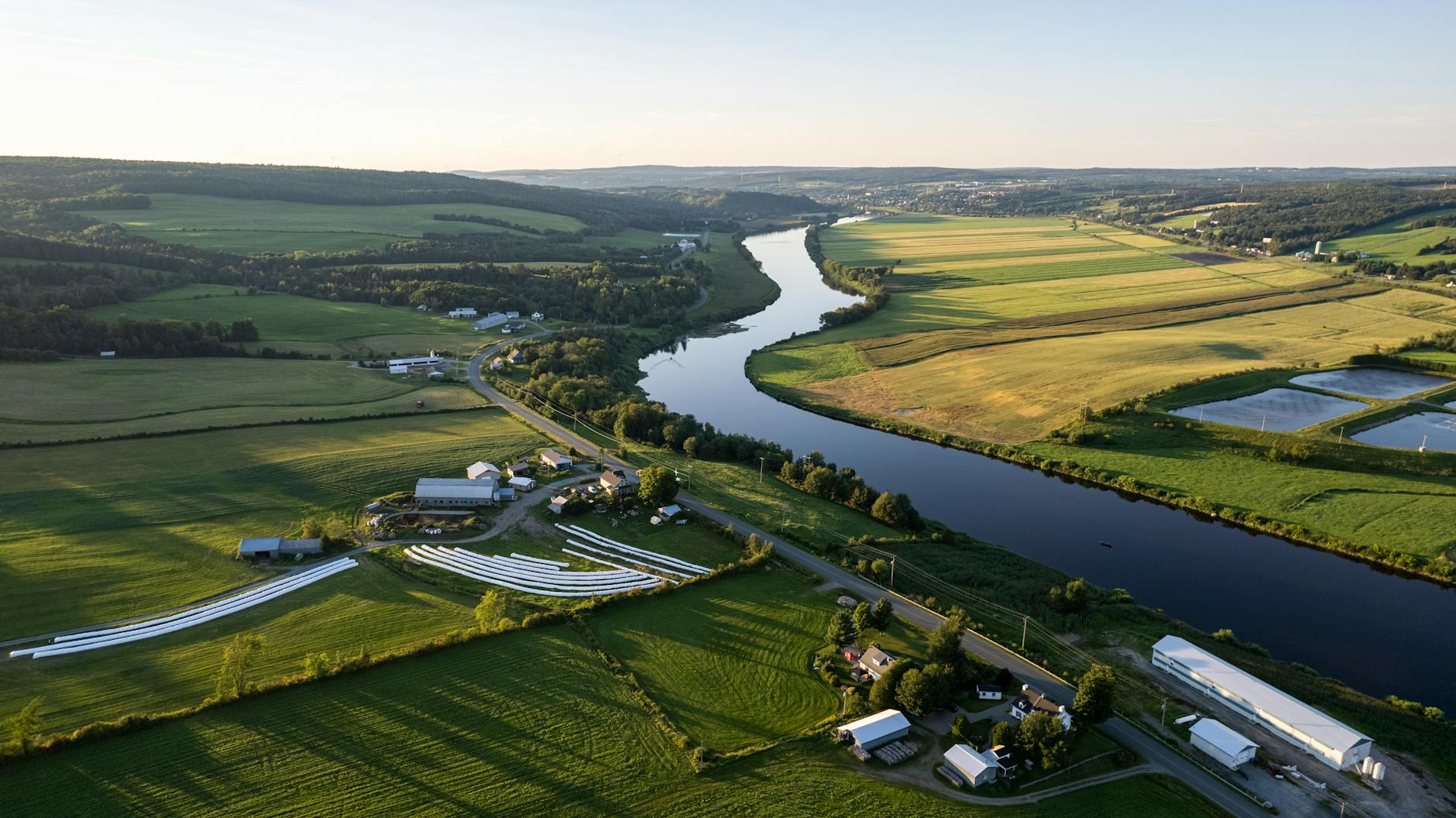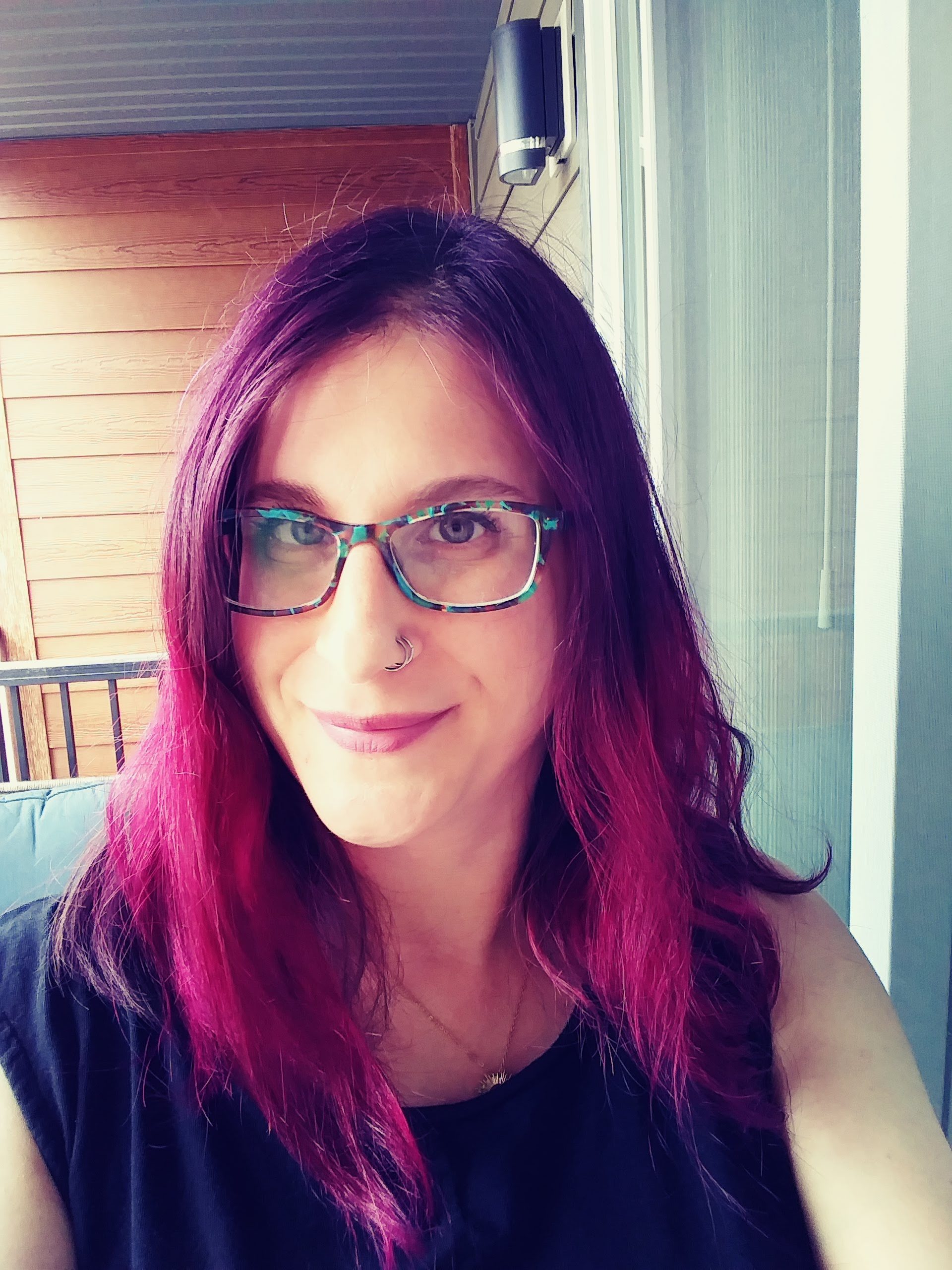The Human Made team behind Accelerate was absolutely thrilled to be a Great Lakes sponsor for WordCamp Canada 2025! We had an amazing time connecting with the Canadian WordPress community, sharing what we’ve been working on, and learning from all of you.
For those who haven’t met us yet, Accelerate is the all-in-one growth engine for WordPress, built by Human Made. We’re on a mission to help you stop juggling multiple plugins and external tools by bringing powerful A/B testing and personalization directly into the native WordPress block editor.

We believe creators and marketers deserve tools that are powerful, yet simple. That’s why we built Accelerate with a no-code interface, designed to help you launch experiments and ship optimizations in minutes, not days. This allows you to:
- A/B Test with Ease: Create variants of your content and get real-time results directly in the editor to make data-driven decisions on the fly.
- Personalize for Your Audience: Tailor your content to specific users by targeting them based on geography, UTM tags, and on-site behavior.
- Ship Your Own Optimizations: Empower your marketing and content teams to launch their own growth experiments without waiting for developer resources.
We’re passionate about helping businesses of all sizes grow. Whether you’re a marketer, a content creator, or part of an agency, Accelerate is designed to streamline your workflow and help you understand what’s working, faster.
Thanks to all of those who visited our booth at WordCamp Canada, and to those who weren’t able to make it, follow us at accelerateplugin.com!

